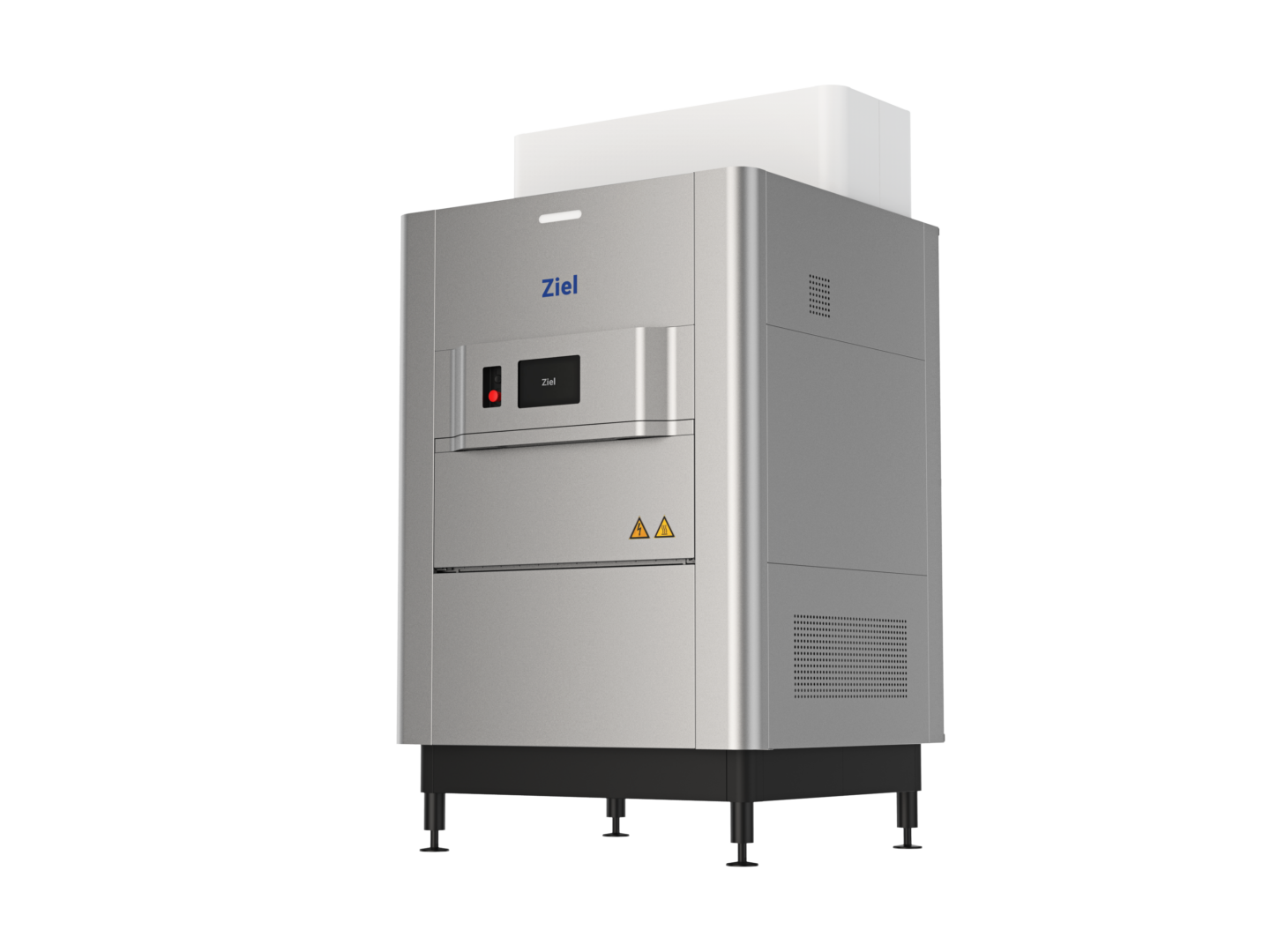Zinger Key Points
- Ziel’s radiofrequency (RF) technology offers a non-ionizing solution to microbial contamination in cannabis.
- 'In 24 hours, our machine can process 480 pounds of cannabis, while similar machines can only process 90 pounds,' the CEO said.
- Feel unsure about the market’s next move? Copy trade alerts from Matt Maley—a Wall Street veteran who consistently finds profits in volatile markets. Claim your 7-day free trial now.
How do you know if your cannabis is truly organic? Cannabis operators are now using cutting-edge technology to meet strict organic compliance standards while eliminating microbial risks—without harmful chemicals.
In an exclusive interview with Benzinga Cannabis, Arthur de Cordova, CEO and Co-Founder of Ziel, revealed how their innovative radiofrequency (RF) technology preserves product quality and ensures compliance.
And no, it’s not X-rays. De Cordova shared insights into the science behind Ziel's RF machines, their competitive edge and how this technology aligns with organic certification standards.
Get Benzinga’s exclusive analysis and top news about the cannabis industry and markets daily in your inbox for free. Subscribe to our newsletter here. If you’re serious about the business, you can’t afford to miss out.
How Radiofrequency Technology Works
Ziel's radiofrequency (RF) technology offers a non-ionizing solution to microbial contamination in cannabis, which can cause serious health risks for consumers and lead to costly regulatory shutdowns for operators.
De Cordova explained how RF technology works at a molecular level: "RF technology operates on the premise that water molecules have both a positive and negative polarity. By aligning these water molecules with an electromagnetic field, we create friction, which generates thermal energy."
The key to Ziel’s solution is volumetric heating. When cannabis flower is placed inside the RF machine, the entire product is heated evenly from edge to edge, unlike conventional methods where heat is applied from the outside, often resulting in uneven heating. De Cordova illustrated the difference.
"If you think about cooking a turkey in the oven, the outside gets overcooked while the inside may still be undercooked. But with RF technology, we achieve the target kill temperature of 80°C throughout the entire flower without burning the outside. This uniform heating is crucial because if any part of the flower doesn’t reach 80°C, the microbial contaminants won't be fully eradicated," he explained.
Non-Ionizing Vs. Ionizing: The Organic Advantage
This method of volumetric heating is what sets RF apart from traditional techniques like X-rays. Both gamma and E-beam methods work by altering the molecular structure of the cannabis, which can degrade the cannabinoids and terpenes that are essential for the product’s potency, flavor and aroma.
"RF preserves the sensory qualities of cannabis," de Cordova said, "because it heats the flower uniformly without damaging the integrity of its cannabinoids or terpenes."
He further explained that RF technology operates on the non-ionizing side of the electromagnetic spectrum, which makes it an organic-compliant solution. In contrast, ionizing technologies like gamma radiation and X-rays alter the molecular structure of the matter, disqualifying those methods from being used in organic products.
Read Also: From Food to Cannabis Buds, X-Rays Are Transforming Supply Chains, An Expert Explains How And Why
Sustainable And Scalable Technology
Additionally, RF technology uses only electricity, requiring no harmful chemicals, gases, or ventilation systems, further enhancing its appeal to operators looking for sustainable and efficient decontamination methods. "Our machines are compact and scalable —requiring only 240V single-phase power—, making them accessible for operators of all sizes," de Cordova noted.
De Cordova highlighted the efficiency of the machine: "In about 15 minutes, the machine processes up to five pounds of cannabis flower."

How Ziel's Technology Supports Organic Certification
For operators seeking organic certification, Ziel's RF technology provides a clear advantage. "Our technology is non-ionizing, meaning it qualifies as organic," de Cordova said. In contrast, ionizing methods like gamma and X-ray do not meet organic standards.
This is especially important for markets where USDA Organic compliance is a key differentiator for cannabis products.
Competitive Edge: Efficiency And Cost Savings
Ziel's RF machines offer significant savings compared to competitors. “In 24 hours, our machine can process 480 pounds of cannabis, while similar machines using other technologies can only process 90 pounds,” de Cordova explained.
This efficiency, combined with the technology's ability to prevent product failures, helps operators recover costs quickly. "With a 10% failure rate, an operator could recoup that in just a few months by salvaging otherwise lost product."
Ziel’s machines are also certified for use in Europe, with their first installation in Portugal. "We partnered with a GMP facility here in Portugal and went through the rigorous process of certifying the machine for use in the European market," de Cordova said. This certification process is critical, especially for exporting cannabis to strict markets like Germany, where compliance with GMP standards is mandatory.
Read Next: Your Next Nugs Could Be Irradiated With X-Rays…For Your Own Safety
© 2025 Benzinga.com. Benzinga does not provide investment advice. All rights reserved.
Trade confidently with insights and alerts from analyst ratings, free reports and breaking news that affects the stocks you care about.
Cannabis is evolving – don’t get left behind!
Curious about what’s next for the industry and how to leverage California’s unique market?
Join top executives, policymakers, and investors at the Benzinga Cannabis Market Spotlight in Anaheim, CA, at the House of Blues on November 12. Dive deep into the latest strategies, investment trends, and brand insights that are shaping the future of cannabis!
Get your tickets now to secure your spot and avoid last-minute price hikes.